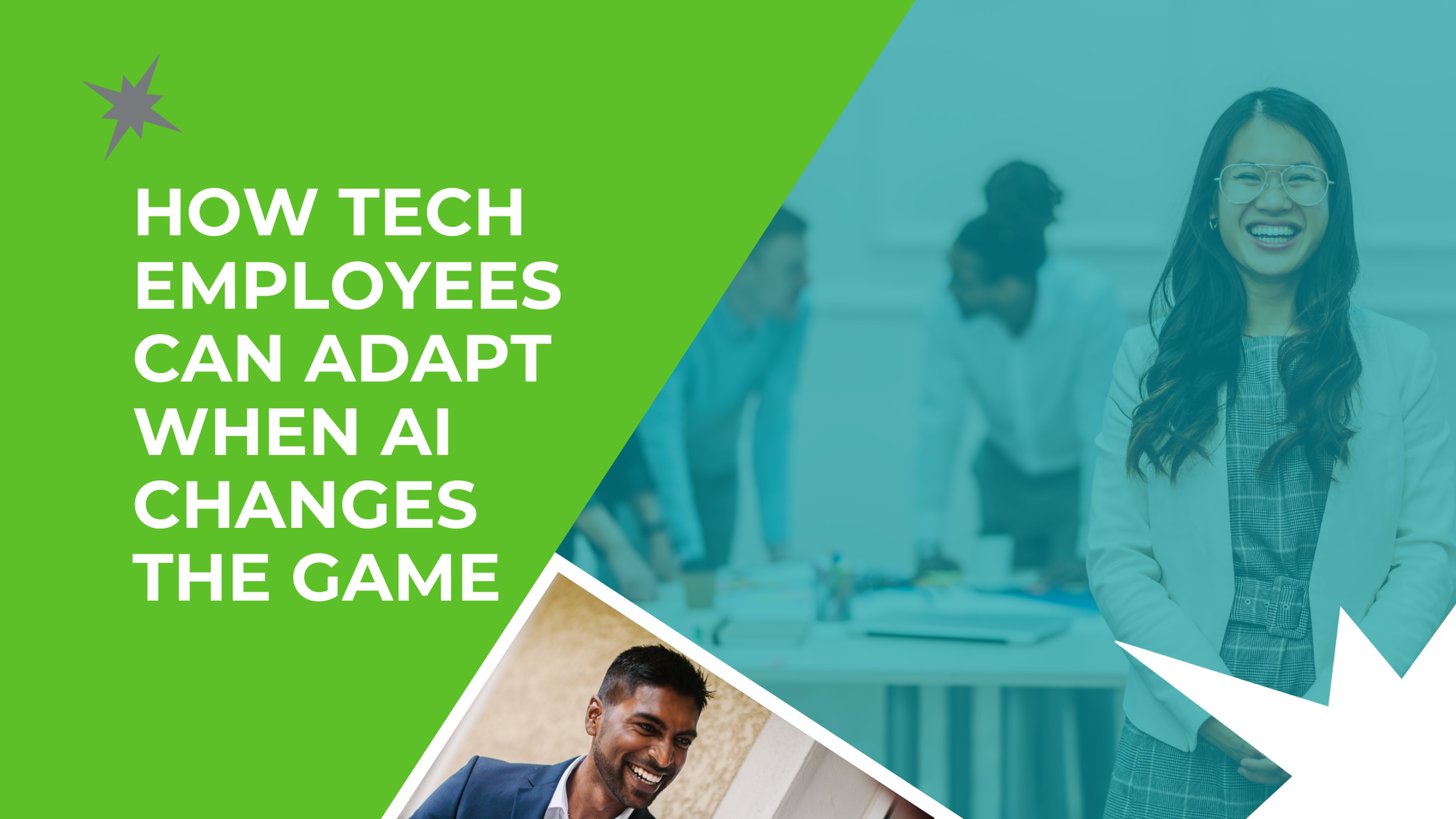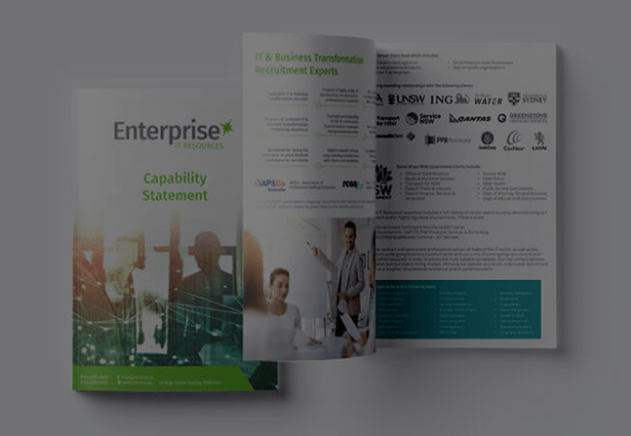Our Business
Our reputation as Australia’s Technology, Digital, Project and Business Transformation recruitment specialists is one that’s been built on partnerships, developed with both employers and industry professionals over many years. Guided by integrity and trust, we believe in offering an unparalleled recruitment experience as your Tech recruiter of choice.
Each of our Tech recruitment specialists are experts in their field. For employers, this means providing you with access to the quality people you need, when you need them (either contract or permanent). For candidates, our priority is your career and connecting you with Australia’s best Tech jobs.
In such a dynamic Tech landscape, you can count on our personalised approach to keep you ahead of the curve. So, whether you’re an employer or a Tech professional, speak to the team now for all your Tech, Digital and Business Transformation recruitment needs.
Our Services
Permanent Recruitment
One of the greatest challenges facing employers today is securing quality talent to fill permanent openings. With the demand for suitable candidates exceedingly high and the growing skills shortages only hindering the growth of many businesses, finding the right person is often a full-time job in itself! If you’re looking for perm tech talent to take your business forward, we can help!
Contract Recruitment
Often, businesses are met with the demand for Technology professionals with little or no warning. To combat the workforce gaps in your teams, speed and flexibility is of paramount importance. Whether you need to meet unexpected peaks, bridge talent voids or address a change in seasonal demand, we have the right contract recruitment solutions for you.
Areas of Expertise
Our Recruitment Team
Latest News &Insights

Salary Survey
The Enterprise IT Resources Salary Guide is a compilation of salary and market information within the Australian market.
Capability Statement
Our capability statement outlines everything you need to know about the way we work with employers.



















